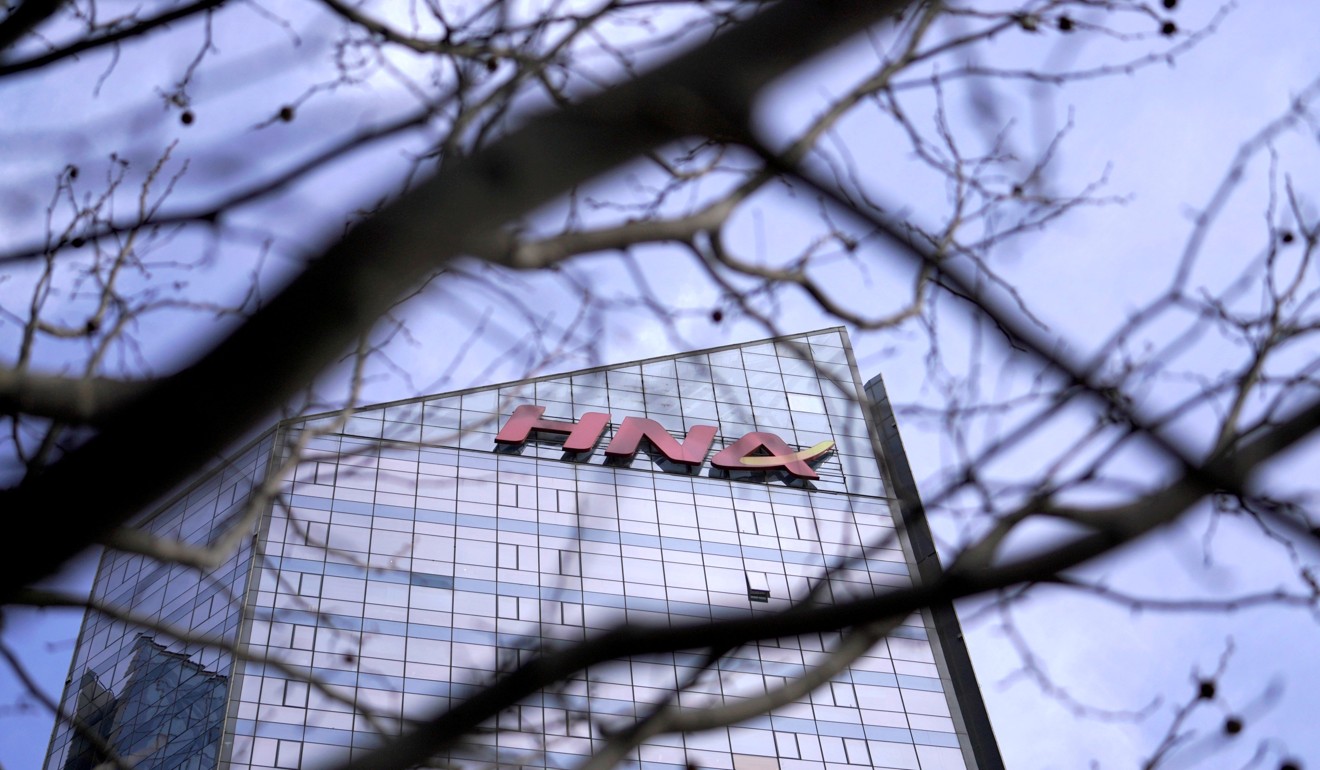
China’s commercial property prices to fall next year as the liquidity crunch inflicts more pain on the industry
- Asset owners and analysts say more bargains will be available in 2019
- Price gap between selling price and what buyers are willing to pay will narrow
China’s commercial real estate which has emerged relatively unscathed in the property market slump could be hit further next year as investors and sellers face increasing liquidity pressure to offload their stock, according to investors and analysts.
Prices of these properties, which have been firmly held, were likely to drop because sellers “cannot hang in there longer”, said Zhou Songming, vice-president of EBA Asset Management, the real estate investment arm of financial conglomerate China Everbright.
“By next year, I expect that there will be much more for-sale assets with lower asking prices.”
By contrast, China’s residential property market has suffered a bigger decline in the past two years after the central government implemented home-purchase restrictions to halt prices from rising.
The deepening slump could weigh on Beijing’s effort to rein in prices without overly depressing growth of the sector, a key driver of economic expansion. Growth in property investment, which focuses on residential but also includes commercial and office space, slowed to 7.7 per cent in October from a year earlier, against the 8.9 per cent year-on-year rise in September, according to government data released last week.
By next year, I expect that there will be much more for-sale assets with lower asking prices
Liu Wenxiao, a partner with Beijing-based private equity fund Xichuang Capital, said many sellers bought their properties a few years ago when funding costs were low, in the hope that their value would rise even if rental yields were low.
“But the rent hasn’t risen since then, and can’t justify the current valuation. If they lower the asking price, it means they will fail their clients in terms of returns delivered,” Liu said.
The gap between what sellers want and what buyers are willing to fork out, EBA’s Zhou estimated, was at least 20 per cent in difference, which was the reason few deals have been struck. He said his fund, which holds and manages 35 projects with assets worth 50 billion yuan (US$7.2 billion), did not strike any deals this year, compared with the annual average of three to four transactions a year.

Cushman & Wakefield’s North China head of capital market Gordon Liu said liquidity squeezed asset owners in second-tier cities were increasingly pressured to sell, even though any potential price cuts would be measured.
If they lower the asking price, it means they will fail their clients in terms of returns delivered
As the downturn gathers pace, mainland distressed asset buyout fund Poseidon Capital said the market was expected to see more bargain opportunities.
“After a period in which the value of distressed assets soared, prices have fallen a lot this year and will continue to trend down next year,” said chairman Feng Jianyun.
Zhou of EBA has urged asset holders to refrain from holding out for a better price, but to sell, “the earlier the better, because there will be tougher times ahead”.
But the fund itself would not be practising what Zhou preached. Stressing a long term exit strategy, he said the fund would seek to raise capital through asset-backed securities, instead of through outright sales of assets.
Cushman & Wakefield’s Liu said prices of assets that deliver stable rental yields in Beijing and Shanghai would hold firm, thanks to the demand from both domestic and foreign investors.
In October, shareholders of Hainan Airlines rejected the company’s plan to sell a Beijing office building to developer China Vanke for US$190 million to hold out for a better deal.

